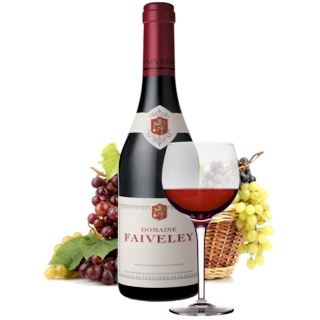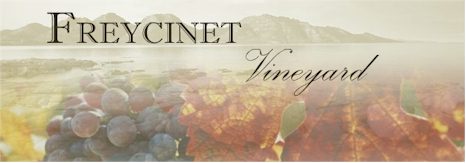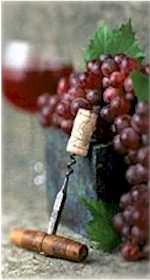


Freycinet Vineyard overlooks the spectacular Freycinet National Park area that includes the tiny holiday resort of Coles Bay and the world renowned Freycinet Peninsula. Situated on the 42° latitudinal line, Freycinet has a unique microclimate.

The long growing season, which extends into May, combines high sunshine hours with 1250 heat degree days, winter rains with no frost, to produce excellent quality cool climate fruit. The vineyard is a hundred metres above sea level and lies just twenty kilometres from the coast, being very much under maritime influence.
Inspired by the tremendous opportunities along the East Coast, Geoff and Susie Bull established Freycinet Vineyard in 1980. They were early pioneers in a new region which years later revealed exciting potential for the highest quality wines. The region now boasts over a dozen vineyards.
Daughter Lindy Bull and winemaker/ partner Claudio Radenti have taken over the family tradition of gently handcrafting the wines. Lindy and Claudio are passionate about their nine hectare vineyard and are extremely focused on maintaining quality.

The philosophy around Freycinet is to keep things simple, thereby allowing the vineyard to express itself without extra winemaking influence. The aim is to make the wines as big and as beautiful as possible. At harvest the fully ripened fruit has maximum flavour, which is very carefully retained throughout the winemaking process via a gentle and minimalist handling.
The techniques of barrel fermentation and lees stirring, maloactic fermentation and rote fermenters are utilised to produce wines of exceptional colour and flavour. Extended maturation in tight grain French oak casks for twelve to eighteen months completes the winemaking process. Radenti Champagne is crafted to methode traditionelle, an assemblage of Chardonnay and Pinot Noir, reflecting the idyllic conditions of Tasmania's cooler climates in the production of premium sparkling wines.
























